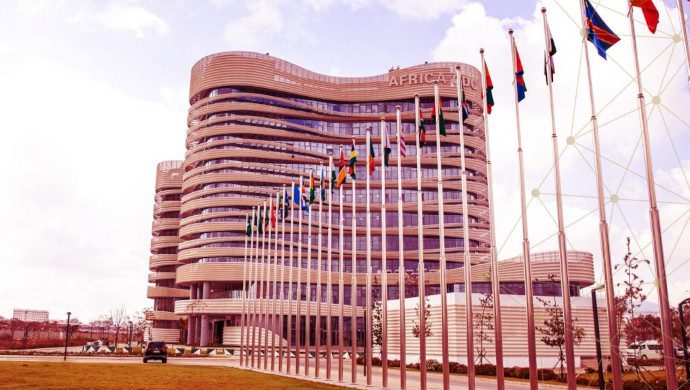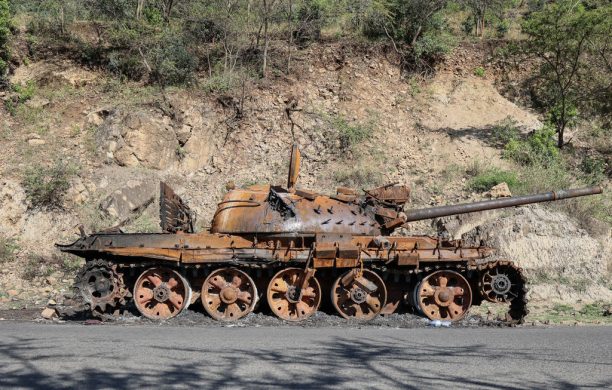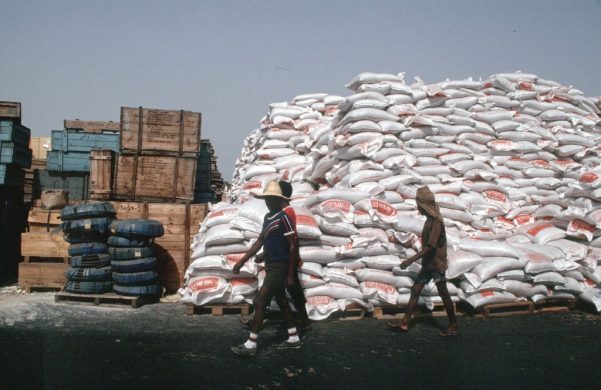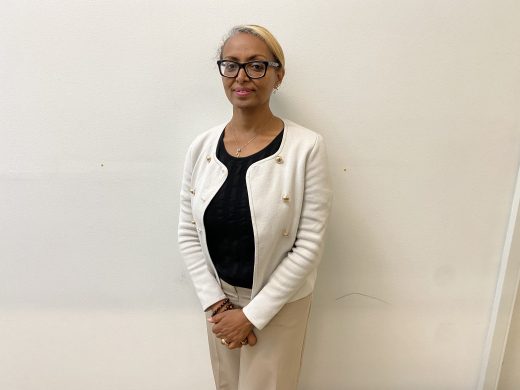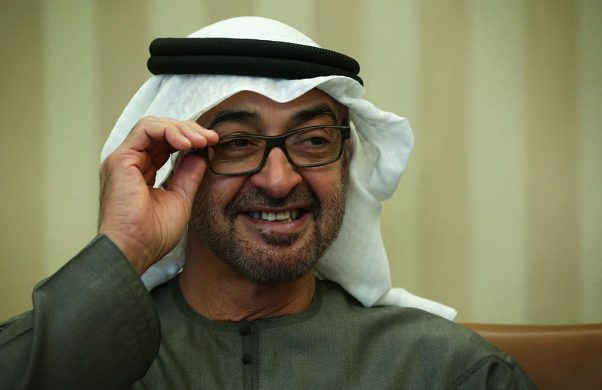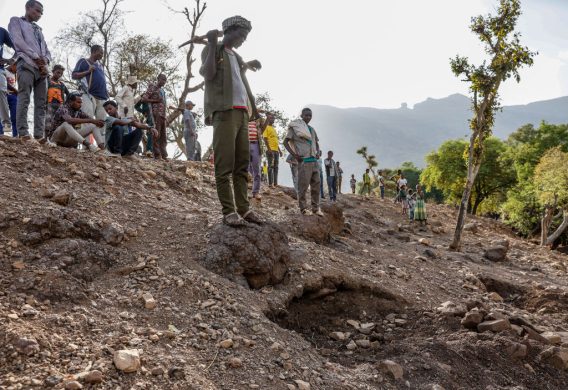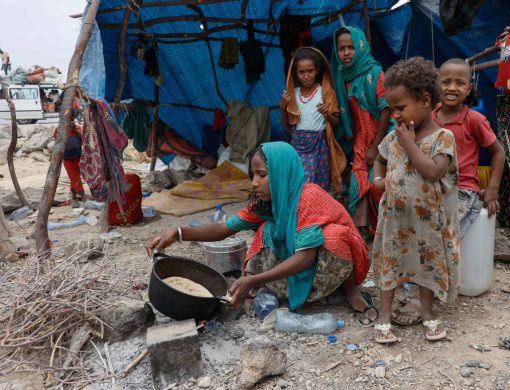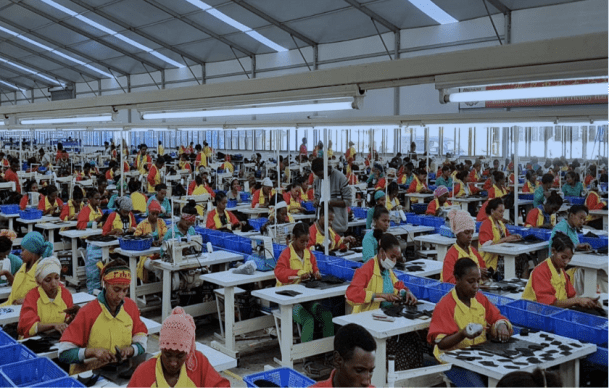The signs of impending crisis were evident when Terje Østigård and a team of NAI researchers visited Ethiopia in September 2015, just after the rainy season.
Normally, Ethiopia gets three months of intense rainfall from June to August, but last year hardly any rain fell.
“We visited a dam purposely built for irrigation. Usually it would have been full, but instead it held hardly any water at all,” Østigård states in the latest newsletter from the Nordic Africa Institute (NAI) in Uppsala, Sweden.
Given the absence of rainfall, both the Ethiopian government and UN declared that the Ethiopian people faced a serious crisis. Initially, three to four million people were expected to need food aid, a figure that has since tripled.
Terje Østigård notes that the Ethiopian government has made great efforts to improve food security over the past two decades by investing in dams and irrigation systems to make the country less dependent on rainfall.
Since last summer, it has also spent nearly 400 million US dollar (2,6 milliarder DKR) in an attempt to stave off famine.
“However, with a population of more than 90 million, and 10 million suffering seriously from the drought, the current situation has outstripped Ethiopia’s capacity. The crisis has also resulted from the failure of the international community,” Østigård says.
I Syriens skygge
While the UN recognised the crisis at an early stage, the world community has failed to provide the necessary resources on time.
A general lack of funding for UN aid, and the existence of other crises that compete for funding, such as the war in Syria, has made the world turn away from the situation in Ethiopia, according to Østigård.
“The sad truth is that droughts rarely attract world attention. Unlike tsunamis or wars, they are slow crises, leading the international community to react too late. While the drought obviously has natural causes, its effects are the result of failed politics,” notes the 42-year old senior researcher at NAI since 2010.
To avoid future disasters, Terje Østigård calls for more proactive policies to increase long-term food security, and for the international community to react immediately to early warnings.
“With climate change, more frequent droughts are likely in the future, but with the necessary resources governments can greatly limit their consequences,” he states.


